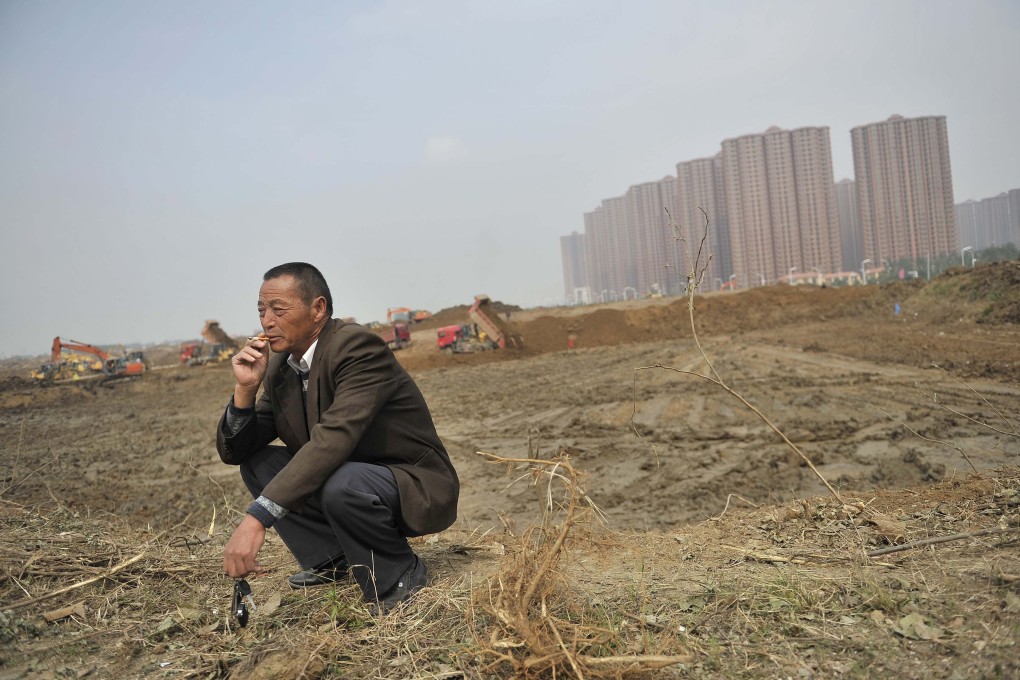How Hong Kong can help shape reforms in China’s tech-focused five-year plan
- China’s latest five-year plan includes heavy investment in technology, innovation and soft power but still leaves key issues such as property reform unaddressed
- Hong Kong’s commercial legal system preserves property rights secured by independent judges and can provide a template for legal reforms on the mainland

What can investors expect of China in the next 10 or 15 years? Fortunately, it has laid out a mere 60 key points in its 14th five-year plan. Interestingly, it seemed to focus more on 2035 than 2025 – perhaps the kind of time span of control for which the current leadership feels responsible.
Amid the flurry of language about furthering a prosperous society, investors need to take note of the diamonds in the rough. The key focus must be on what China is really good at and what it can realistically accomplish with its assets of a population of 1.4 billion and the world’s largest middle class of nearly half that size.
Technology alone will not help China achieve “new industrialisation, informatisation, urbanisation and agricultural modernisation”. Some have pointed out that innovation was already the highest policy priority area in the previous five-year plan. One weakness of having the same policymakers is that it is difficult to come up with something new.

03:05
What happened at the Chinese Communist Party’s major policy meeting, the fifth plenum?
The policy of stimulating the economy through infrastructure development will remain, especially in trying to make rural areas more prosperous. Manufacturing will be emphasised, but it is already on the leading edge, if only for export industries. Unfortunately, these government-funded policies continue to squeeze out the consumer, who is a big part of the new “dual circulation” strategy of shifting the mantra of “Made in China” to “Bought in China”.
